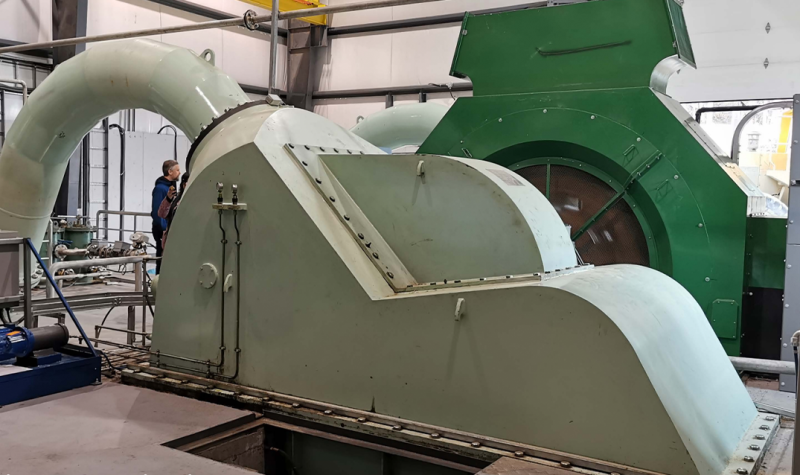A partnership was formed between Coast Funds and the New Relationship Trust (NRT) to distribute $29 million in funding for the Community Energy Diesel Reduction Program (CEDR).
Coast Funds CEO Eddy Adra explained that having the partnership has helped with handling the size of the CEDR project. The partnership was formed in Sept. 2021 as a response to the Ministry of Energy, Mines, and Low-Carbon Innovation's call to deliver the funding.
CEDR is a group of three funding streams designed to support remote Indigenous communities in B.C. that rely on diesel generators for their energy needs.
The Community Energy Planning (CEP), Demand Side Management (DSM), and Renewable Energy Generation (REG) grants can be utilized throughout the process of communities switching to a clean energy source.
According to CEDR, CEPs help communities find out what their energy needs are and how they can meet them; DSM shows the community what the most cost-effective approach to their plans is; REG is the stream that covers the construction and implementation of a renewable energy source.
Several communities in the northwest rely on diesel generators to produce electricity, like Hartley Bay, Dease Lake, Telegraph Creek, and Masset. Though there has been a total of forty-four communities recognized in B.C. that rely on diesel.
With 19.1 million litres of diesel consumed by remote communities in 2019, CEDR says it hopes to help reduce that number by 80 per cent by 2030.
New Relationship Trust claims that many of these communities are served by BC Hydro while some own and operate their own generators. BC Hydro was unable to give details on this information.
Having been launched this past summer, there is already an announcement of approved projects planned for October or November.
Both BC Hydro and the eligible communities were unavailable to comment.
Listen to the CFNR interview with Sarah Powell, program specialist for the New Relationship Trust, below:


